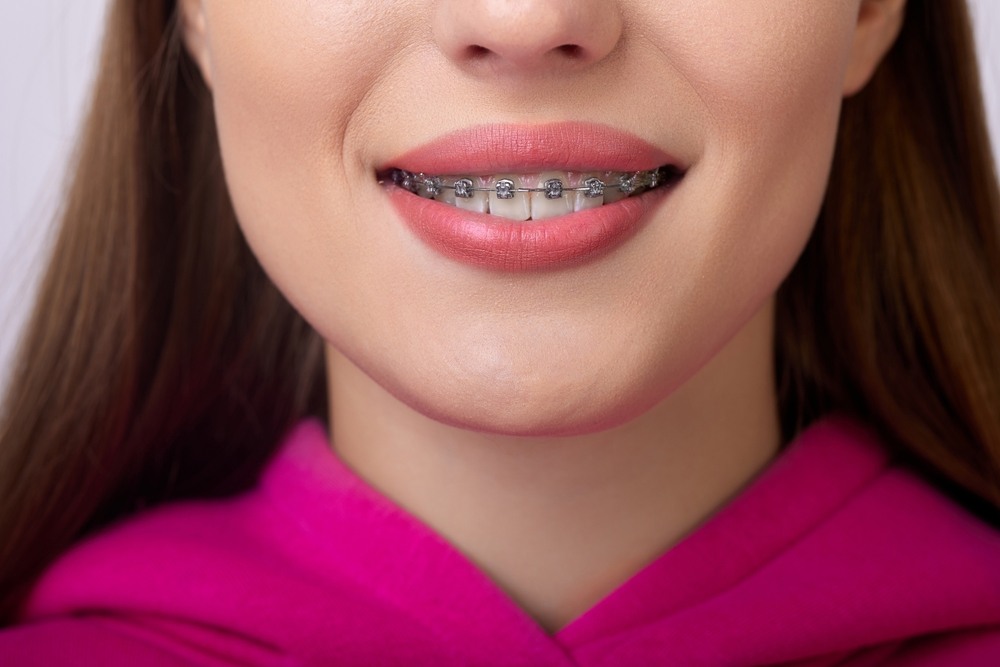A dental bridge is one of the most popular dental treatments that can replace missing teeth. It helps to restore the smile and helps in chewing, and it also holds the other teeth in place. However, dental bridges are not suitable for everyone. In this blog post, we will discuss this, who can opt for dental bridges near you and what factors your dentist consider before suggesting this treatment.
What is a Dental Bridge?
A dental bridge is defined as a fixed dental restoration that fills the space left by one or more missing teeth. It is an artificial tooth or teeth (pontics) attached to natural teeth or dental implants. It helps to keep the structure of your mouth and prevents other teeth from shifting.
Can Anyone Get Dental Bridges?
Not all patients are suitable for obtaining dental bridges. The dentist considers several factors before suggesting this treatment. Some of the important conditions include:
1. Missing One or More Teeth
A dental bridge is a type of prosthesis used to replace one or more missing teeth. A bridge can be used to improve the appearance of your smile if you have gaps caused by tooth decay or loss in your mouth.
2. Healthy Adjacent Teeth
Adjacent teeth must be available for a good fit and function of most bridges. As long as your abutment teeth are in good shape and strong enough to support the bridges, you can be a good candidate for getting bridges. But if these teeth are decayed or weakened, dental implants may be a better option.
3. Good Oral Hygiene
Maintaining good oral health is essential since poor oral health could have a negative impact on the patient and the surgery. Poor dental hygiene or gum disease might require therapy before a bridge can be installed.
4. No Severe Bone Loss
If you have bone loss due to gum disease or missing teeth, a bridge might not be the best option. In such cases, your dentist may suggest a bone graft or other treatments before considering a bridge.
5. Commitment to Oral Care
Bridges require proper care, including brushing, flossing, and regular dental checkups. If you are committed to maintaining good oral hygiene, a bridge can last for many years.
Who Might Not Be a Good Candidate?
Some people may not be ideal candidates for dental bridges, including:
- Patients with severe gum disease
- Those with multiple missing teeth and weak abutment teeth
- Individuals who do not follow good oral hygiene practices
- Patients with severe jawbone loss
If you are not a good candidate for a bridge, your dentist may suggest dental implants or removable dentures as alternatives.
Benefits of Obtaining Dental Bridges
If you qualify for a dental bridge near you, you can enjoy several benefits:
✔ Dental bridges restore your ability to chew and speak properly
✔ As well as they help prevent the shifting of nearby teeth
✔ Implants help to maintain the natural shape of your face
✔They help to improve your smile and confidence
✔ Implants provide a long-lasting solution for missing teeth
Wrapping Up
A dental bridge is a great solution for replacing missing teeth, but it is not for everyone. Your dentist will check your oral health to determine if you are a good candidate. If you are missing teeth and have healthy surrounding teeth, a dental bridge may be the right option for you.
Restore Your Smile with a Dental Bridge Today!
Caledonia Crosstown Dental Centre provides quality dental care for patients of all ages. Our experienced team of dentist in Eglinton offers a range of services, including dental bridges, to restore your smile and improve your oral health. Whether you need a routine checkup or a tooth replacement, we’re here to help.
Book an appointment today and bring back your confident smile!
FAQs
1. How long does a dental bridge last?
With proper care, a dental bridge can last between 10 to 15 years or even longer. Regular dental checkups and good oral hygiene help extend its lifespan.
2. Is getting a dental bridge painful?
The procedure is usually not painful. Dentists use local anesthesia to numb the area. Some discomfort may occur after the treatment, but it goes away in a few days.
3. How do I take care of my dental bridge?
You should brush at least twice a day, floss regularly, and visit your dentist for checkups. Avoid chewing on hard foods to prevent damage to the bridge.
4. Can a dental bridge be replaced?
Yes, a dental bridge can be replaced if it becomes damaged or worn out. Your dentist will evaluate and suggest the best replacement option.
5. What is the difference between a bridge and an implant?
A bridge relies on nearby teeth for support, while a dental implant is placed directly into the jawbone. Implants are more durable but require surgery.

